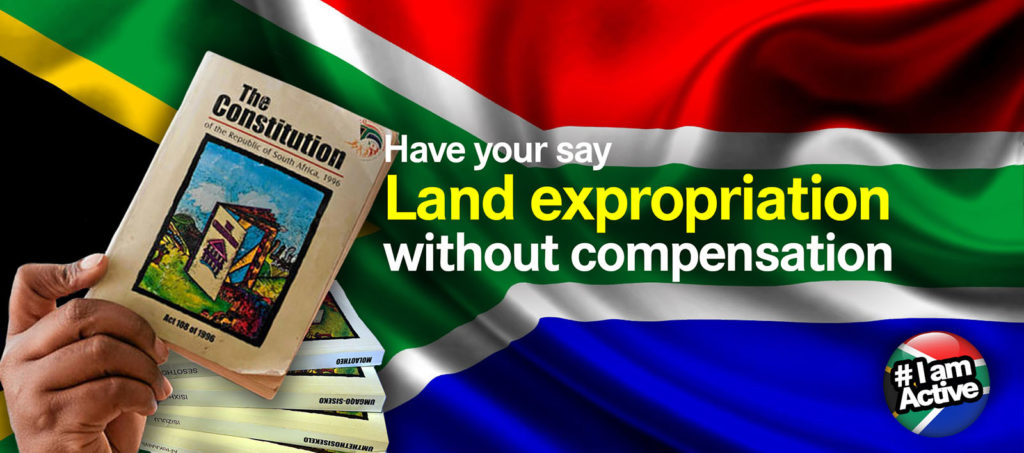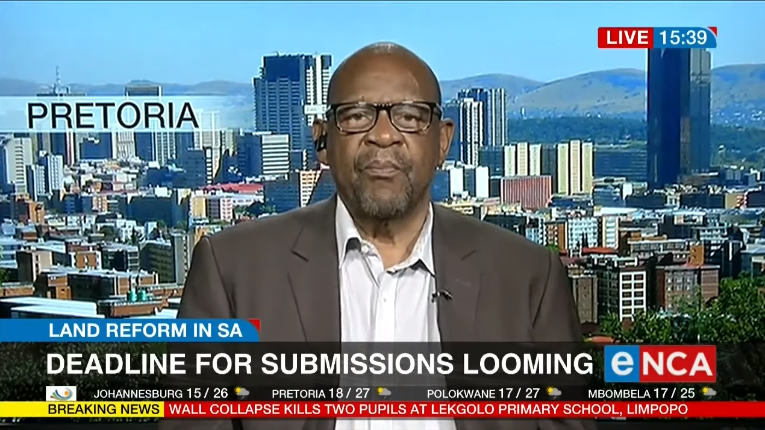
JOHANNESBURG – SAA business rescue practitioners have approached the Unemployment Insurance Fund (UIF) to discuss the possibility of using the R100 billion surplus that the UIF controls to fund inevitable retrenchments at the troubled state-owned airline.
The rescuers, Les Matuson and Siviwe Dongwana, on Wednesday confirmed that they had held numerous meetings with the UIF to seek ways to handle the retrenchments, which were expected to be finalised within the 60-day consultation process stipulated in the Labour Relations Act.
On Wednesday, the rescuers were locked in meetings with the trade unions that represent SAA workforce to discuss the process.
An insider with deep knowledge of the happenings within SAA said retrenchments at the airline had become inevitable.
“There is just no way that the SAA workforce cannot be cut if we are serious about turning the airline around,” the insider said.
“The question now is the numbers (of those who would be retrenched.”
SAA first flagged retrenchments during the presentation of its restructuring plan in November, charging that it would need to cull more than 900 jobs to save about R700 million a year.
The airline started section 189 consultation processes with the unions, but the discussions were scuppered after workers went on strike demanding higher wages.
Matuson and Dongwana said they would continue to have discussions with other parties to seek solutions to alleviating financial challenges to both SAA and its employees “that may result from retrenchments during the business rescue proceedings”.
However, they said “no agreement whatsoever has been concluded with the UIF to make any funds available for the retrenchments of any SAA employees” at this stage.
The rescuers’ spokesperson, Louise Brugman, confirmed the meeting with the trade unions, but refused to comment further.
“We are not commenting on that at this point,” Brugman said. “But I’m thinking we are going to put out something this week, not so much on the UIF. We are not commenting on that UIF and DA (press) release.”
Another source said the business rescue practitioners were busy with their restructuring plan that had identified an extensive workforce that was not compatible with the airline’s operational requirements.
“The plan is still being workshopped internally, and the worry is that if they start communicating it in a public platform, they would have problems, especially with trade unions,” the source said.
“The timing is just not right. At a board meeting yesterday they were still working on the plan. This is Les’s plan, and if he says so many people must go, he would know the technical reasons for saying that.”
SAA employs 5 146 workers. In December, the airline was placed in business rescue following a shortage of funding for its operational expenses.
The national carrier has failed to submit its audited financial statements for two successive financial years. It posted a loss of R5.67 billion for the year to the end of March 2017.
Last month, SAA received R3.5bn from the Development Bank of Southern Africa to fund its operations.
The National Union of Metalworkers of SA and the South African Cabin Crew Association, which together represent about 3000 SAA workers, say SAA’s financial problems stem from its failure to manage its R25bn procurement budget, rather than excessive wage costs.
The unions have requested a meeting with SAA’s creditors so they can understand the rationale for their demands to cut jobs.
The UIF has a R100bn surplus that it wants to use to create jobs and train retrenched workers.
DA spokesperson Alf Lees said the discussions between the rescuers and the UIF were unwarranted.
“There can be absolutely no special deal between the bankrupt SAA and the UIF in order for the national carrier to get access to the UIF’s coffers,” Lees said.
BUSINESS REPORT












